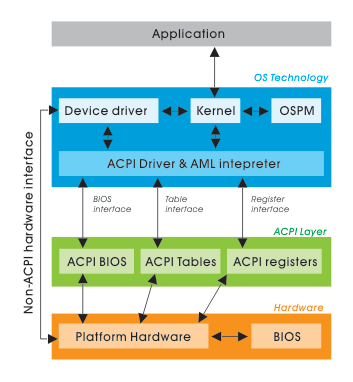
We’re constantly being said to reduce energy consupmtion, they sell us new bulbs to save energy, new TVs with energy saving. The newer the computer equipment microwaves or whatever home electrical equipment we buy the more it is said to be saving energy.
So far so good it is true we can reduce energy consumption by producing gadgets which consume less. However there are also another approach to the “green problem” which we never are said about.
It is rather simply instead of saving energy on technology base, we can save energy on physical base. One simple thing to do to save energy with no need to spend money on latest advacement gadgets is to simply make it the old school way.
a -= Learn to switch off your lamps and home equipment whenever its not necessery
If you’re about to go to sleep, you can simply switch off the mobile and use a mechanical clock to wake you up on the morning, this way you have 3 benefits.
1; Less energy will be discharged by the mobile in the time you’re not awake, so you don’t need to charge so frequently the battery and therefore you will draw less energy from the Electrical network hence saving energy.
2; You will not be radiated with a bit less radiation produced by the Mobile phone in order to stay connected to the GSM local located cell.
Though the good this does will not be dramatical it for sure will be better for your health than if the mobile is switched on the whole night.
3; You will not be awakened in morning by some crazy person who just decided to call you early in the morning.
Often this morning unexpected and desired phone calls make you jump off the bed rapidly and hence giving a large dose of stress to your organizm.
-=- Of course switching off the mobile has some disadvantages if you can receive a crucial phone calls during all time of day or night you can’t afford to simply switch off the mobile, this is however not true for most people who work in an OFF-ICE.People working in offices can simply wake up at a scheduled time, get a shower do their morning hygiene and jump to a car or bus to the office so the need for having the mobile switched ON at night is not really needed.
Of course thinking in the same direction, it is logical that switching off the computer earlier when not needed, the wireless home router or the TV is another place from where a huge energy savings can be achieved.
If large amount of people re-learn their energy in-efficient habits to be more energy cautios a HUGE amounts of energy can be saved. This of course can have a positive impact on the monthly energy bills and hence can save you money in monthly expenses.
The TV is surely another big energy draining source, many people have the habit to sleep with a Television switched on. Besides this has a negative impact on the conscious since vast amounts of information are being stored and processed by the conscious and unconscious mind, also the lights emitted from the TV screen prevents the persons body to not have a pieceful rest.
Its rather stupid that companies are constantly ranting on how they improve their products to be energy friendly but they don’t invest even a penny to educate the masses that energy saving does not only depend on how good the technology is produced to save energy but also on how much the people are educated how to use the technology with energy saving in mind.Probably there are plenty of other ways a households can change their habits to save energy. I’ll be glad to hear some other suggestions ,,,





